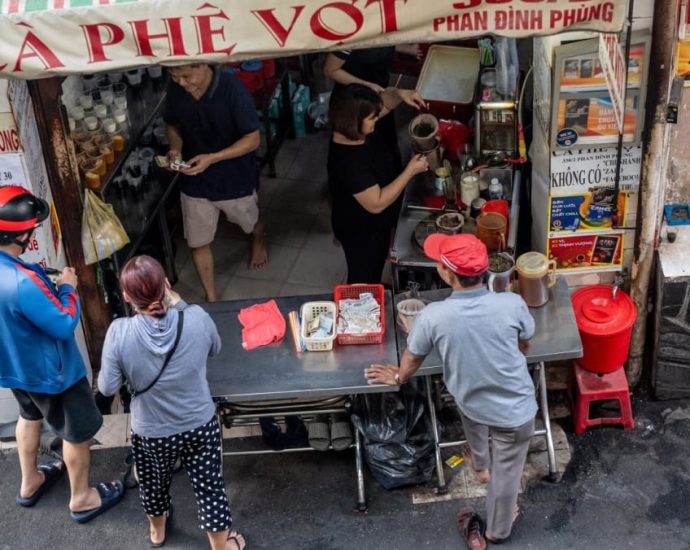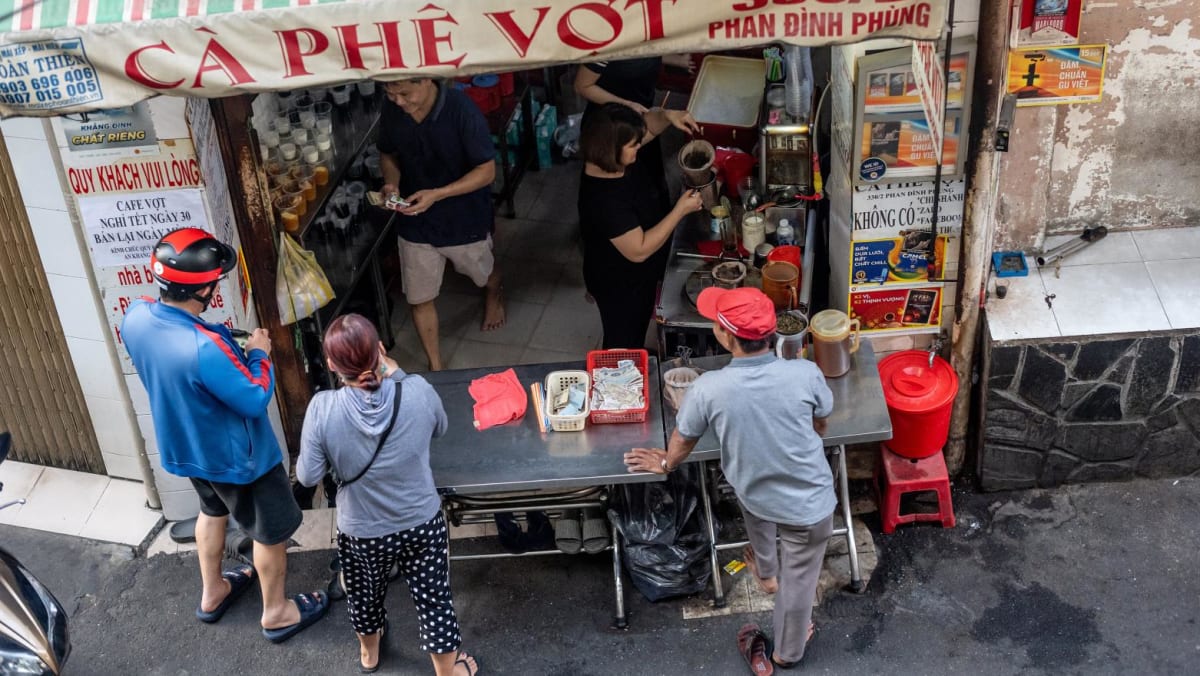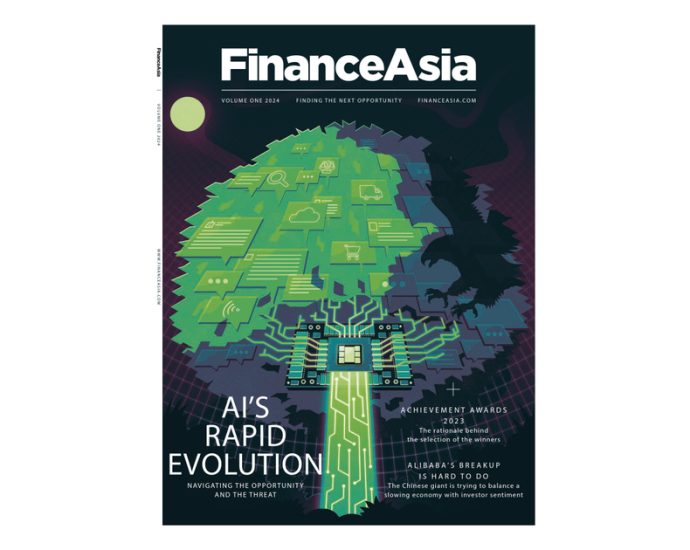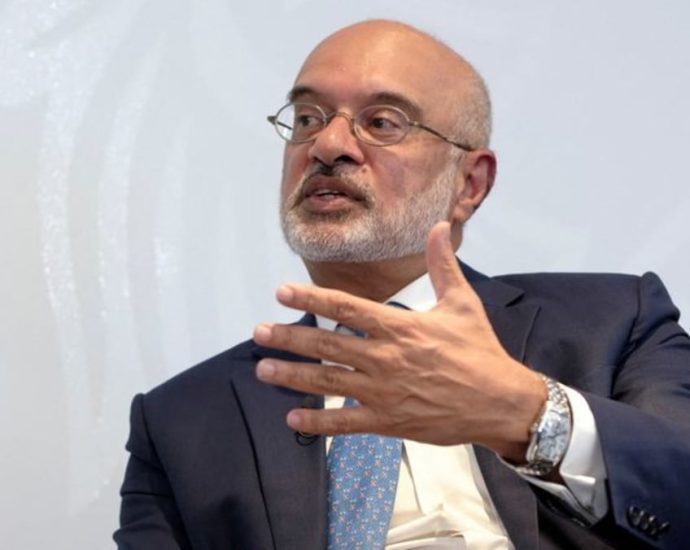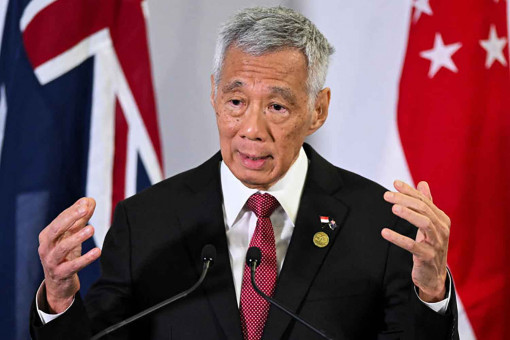IWD Deal Analysis: IIX’s WLB6 Orange Bond helping women’s livelihoods in Asia | FinanceAsia

In a growing regional trend, December 2023 saw the sixth issuance of Impact Investment Exchange (IIX)’s Women’s Livelihood Bond (WLB) Series, the $100 million Women’s Livelihood Bond 6 (WLB6).
Altogether the IIX, since 2017, has raised $228 million to support women’s economic empowerment in Asia, with the overall trend in deal size on an upward trend. FinanceAsia discussed the investors, the rationale and the processes involved in order to celebrate International Women’s Day (IWD) 2024 on Friday, March 9 and the drive towards diversity, equity and inclusion (DEI) across the region.
The closing of WLB6 marked the world’s largest sustainable debt security and was issued in compliance with the Orange Bond Principle and aims to uplift over 880,000 women and girls in the Global South.
Global law firm Clifford Chance advised Australia and New Zealand Banking Group (ANZ) and Standard Chartered Bank pro bono as placement agents.
Proceeds from WLB6 will be used to promote the growth of women-focused businesses and sustainable livelihoods across six sectors: agriculture; water and sanitation; clean energy; affordable housing; SME lending and microfinance across India, Cambodia, Indonesia, Kenya and Vietnam. 100% of the $100 million proceeds designed to advance UN’s Sustainable Development Goals (SDG) 5: gender equality and 25-30% designed to advance SDG 13 — climate action.
Robert Kraybill, chief investment officer, IIX, told FA: “The Women’s Livelihood Bond (WLB) Series is a blended finance instrument that pools capital from public-sector development finance institutions and private-sector investors. The public sector investors provide risk-tolerant “first-loss” capital in the form of subordinated notes, while the private sector investors purchase the senior bonds.”
“The WLB Series targets a range of private sector investors seeking a combination of high impact with low risk and an appropriate return. From the outset, beginning with the WLB1, the bonds have attracted both family offices and institutional investors. Initially, this was skewed towards family offices. As the WLB issuances increased, we saw increased interest from institutional investors, such that over 90% of the WLB6 was placed with institutions,” added Kraybill.
For WLB6, there were global investors on the deal including from the US, Europe and Asia Pacific (Apac). The WLB6 bonds comply with the EU and UK securitisation regulations, making it easier for European institutional investors to participate. For example, one of the investors was Dutch pension fund APG Asset Management which invested $30 million.
Kraybill said: “Throughout building the loan portfolios for the WLBs – from sourcing and screening to due diligence – we integrate traditional credit criteria with impact criteria. We look to invest in companies meeting our credit and financial criteria while delivering meaningful positive impact.”
“We are proud that we have not experienced any payment defaults or credit losses on any of the WLB loan portfolios, demonstrating the resilience of the high-impact women-focused businesses that we work with, even in the face of challenges posed by the Covid-19 pandemic. The first two bonds in the WLB Series – WLB1 and WLB2 – have matured and been fully retired, meeting all of their obligations to bondholders,” Kraybill added.
The IIX, which is headquartered in Singapore and has offices in Australia, Bangladesh, Brunei, India, Indonesia, the Philippines, Sri Lanka and Vietnam, also tracks the impact outcomes generated by its investment throughout the life of the bonds and reports on the targets. WLB1 and WLB2 exceeded impact projections, according to IIX.
Complex deal
Given the number of parties involved and a myriad of regulations and compliance, the deal was not easy to put together.
Gareth Deiner, partner at Clifford Chance, explained to FA the law firm’s role in the deal: “We’ve been involved for several years on these transactions, and this is not the first woman’s livelihood bond that the IIX team has put together.”
Singapore-based Deiner continued: “Historically, we have acted on the trustee side, but we have been advising the lead managers of the transaction for the last three offerings. It’s approximately a three to four month execution process to make sure we get the documentation agreed and the structure in place. IIX do the underlying due diligence on the borrowers, which is necessary given that the financing is raised from the international capital markets. Together with their counsel, they work on the disclosure in the offering document for the bond transaction.”
“As counsel to the lead managers, we are responsible for the underlying contractual documentation for the notes and the offering, but it’s IIX who retain control over the loan documentation with the notes proceeds end-users, and putting the loan pool together. They’re doing due diligence on the on the underlying borrowers of the deal,” he explained.
This is backed up by IIX’s due diligence. IIX’s Kraybill explained: “The financial due diligence conducted by our credit team is similar to that of other emerging market lenders. What sets us apart is the upfront impact due diligence and ongoing impact monitoring and reporting conducted by our impact assessment team. Our team screens potential investments against rigorous eligibility criteria to ensure they contribute to positive outcomes for underserved women and gender minorities in the Global South while often empowering women as agents of climate action.”
Navigating US legal rules and dealing with investors from around the world also added to the complexity.
Deiner said: “Dealing with a wide range of investors, including qualified institutional buyers in the US, we needed to comply with US federal securities law, including limiting the sale of the notes to qualified purchasers under the US Investment Company Act. There were also certain structural considerations raised by the EU and UK securitisation regulation.”
“From a legal perspective, it was an interesting deal because there’s a wide range of highly technical substantive law, which required the input from specialists across the Clifford Chance network. We have the expertise across the globe and do a lot of sustainable financing work,” continued Deiner.
“Recently we’ve advised on some market-leading and groundbreaking transactions in terms of bringing sustainability finance technology to capital markets transactions,” he added.
However, this deal, in particular involved social governance goals.
Deiner explained: “What we like about this particular transaction is that so much of the Environmental Social and Governance (ESG) agenda is about the environmental (E) angle, such as green bonds related to carbon transition and climate action. That encompasses sustainable development goal 13 of the UN Sustainable Development Goals (SDG).”
“However, you rarely hear about sustainable finance transactions that focus on the S and the G in ESG, which IIX champions. Each of the sustainable development goals (SDG) has its own hue, its own colour. This transaction focusses on SDG 5, which is gender equality, and are referred to as Orange bonds – orange being the hue for SGD 5. In addition, IIX has developed its own framework and principles to really drive that S in the ESG,” he added.
Tracking societal impact
There is still a key issue on how to track the impact of where the money ends up.
IIX’s due diligence process includes interviews with beneficiaries and stakeholders of investees, using its own digital impact assessment tool to incorporate input from a broad group of female beneficiaries. This verifies impact claims while giving a voice and value to the women it is assisting, according to Kraybill.
He continued: “Our selection process for projects funded through WLB6 closely aligns with the objectives of The Orange Movement. Each of the bonds in the WLB Series adheres to The Orange Bond Principles, which focuses on empowering women, girls, and gender minorities, particularly in climate action and adaptation.”
IIX looks at the potential of each project’s mission, vision, goals, and business structure, to evaluate alignment with the core values of the WLB Series and The Orange Movement. Its impact assessment team conducts due diligence to ensure selected projects meet criteria outlined by The Orange Movement and contribute to promoting gender equity and addressing climate challenges in emerging markets, according to Kraybill.
With the rise of bonds connected to ESG and DEI, the scrutiny from investors is also increasing, especially with the prevalence of greenwashing.
Clifford Chance’s Deiner said: “The legal landscape for green bonds and sustainability-linked bonds has evolved considerably in recent years, particularly regarding due diligence. When a company issues a green bond under a green bond framework, substantial work is required to ensure the bond’s integrity. This diligence has become a critical factor in investment decisions, as investors need to be confident that the environmental credentials are genuine and not merely an instance of greenwashing.”
“One of the key parts of the Orange bond initiative is achieving transparency in the investment process and decision, and the subsequent reporting, as the proceeds are going to an issuer who is on-lending it again, to, for example, a microfinance lender. It’s a combination of seeking an investment return and a view on the credit profile. The funds have specific objectives regarding capital allocation, and the appeal of the Orange bond aspect aligns with this focus,” Deiner added.
$10 billion goal
The IIX has an ambitious goal of mobilising $10 billion by 2030 and optimism abounds.
Kraybill said: “We remain optimistic about reaching our ambitious goal through sustained collaboration and concerted action, empowering women and girls worldwide while fostering inclusive and sustainable development.”
“Partnerships with the Orange Bond Steering Committee organisations, like the Australian government’s Department of Foreign Affairs and Trade (DFAT), the UN Capital Development Fund (UNCDF), Nuveen, and others, are vital in this endeavour. Together, we aim to build a gender-empowered financing system, mobilise new capital, and accelerate progress toward gender equality and women’s empowerment globally,” Kraybill added.
The Orange Movement is also building “Orange Alliances” at regional and national levels to bring together gender lens investors and other stakeholders. IIX is conducting training programs to train and certify Orange Bond verification agents.
“We’re introducing an “Orange Seal” for MSMEs and other organisations, which enhances their gender, DEI, and climate bona fides. We have expanded our transaction tagging functionality to include innovative finance instruments that adhere to the Orange Bond Principles framework. Furthermore, we’re eagerly anticipating the launch of the Orange Loan Facility, alongside numerous other initiatives to further the Orange Movement’s mission,” Kraybill said.
He said: “We remain optimistic about reaching our ambitious goal through sustained collaboration and concerted action, empowering women and girls worldwide while fostering inclusive and sustainable development.”
The next bond could potentially be much larger than WLB6’s $100 million.
Clifford Chance’s Deiner is also optimistic: “There’s a flow of transactions that we’re going to see over the next 12 months, and this an area that people are paying more attention to. The transactions have grown considerably over the years. These transactions have involved deals from around $20 million up to the latest offering of $100 million. So, there is clearly increasing demand for these transactions each year.”
Standard Chartered declined to provide a comment for the article.
¬ Haymarket Media Limited. All rights reserved.


